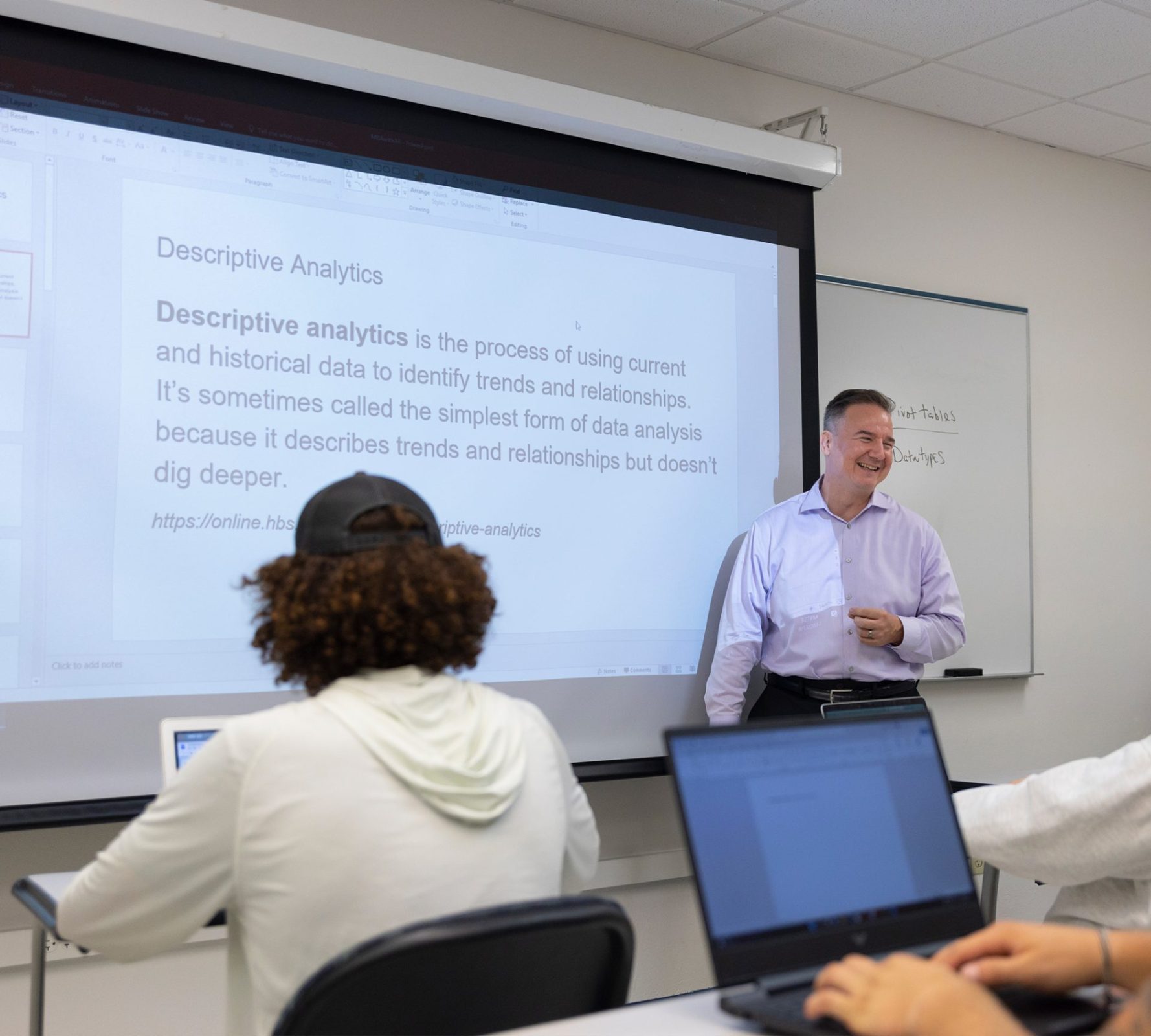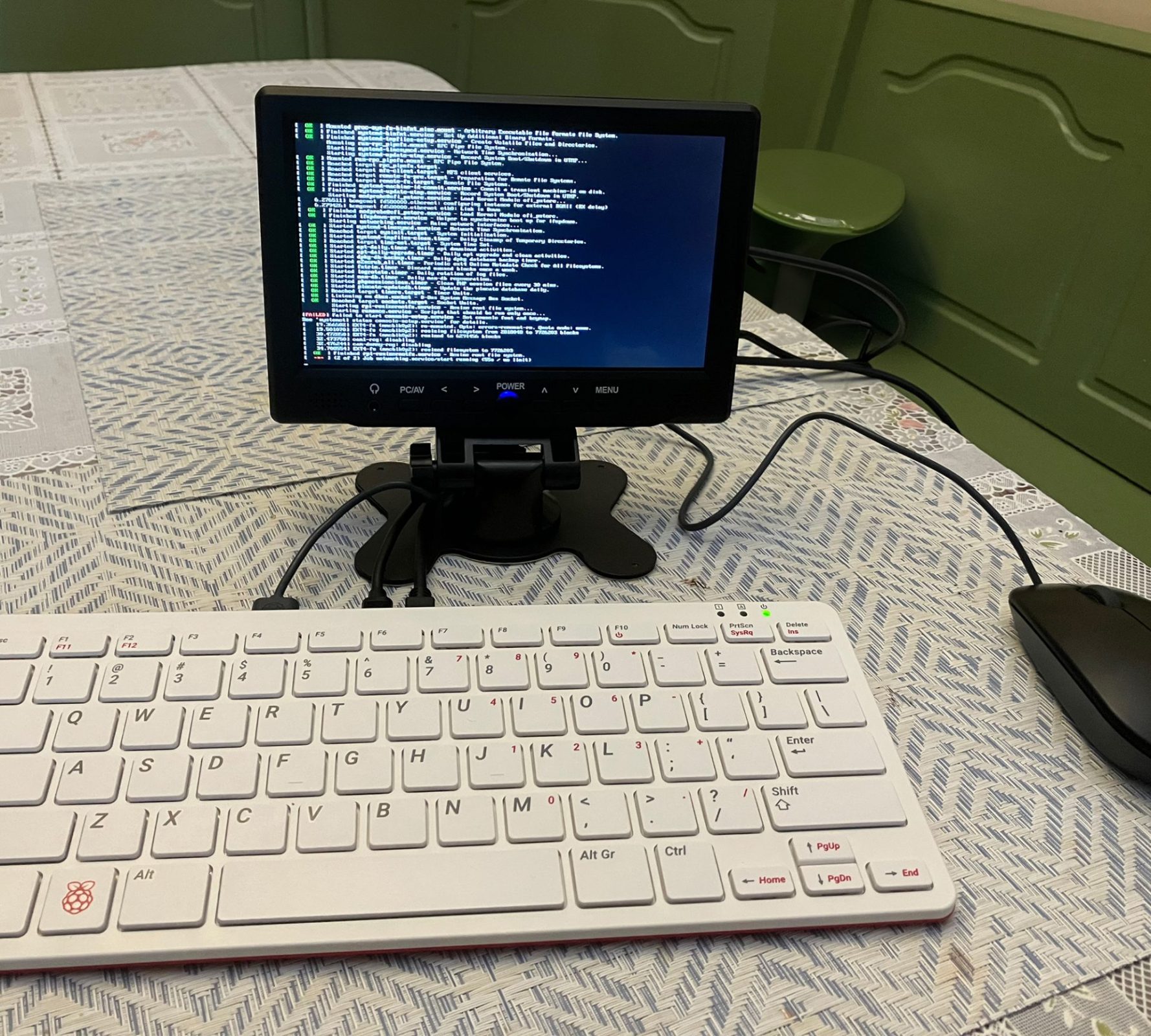There’s a familiar adage that to know your enemy, you must become your enemy. Armed with a $2,000 Eckerd College Instructional Technology Grant, Assistant Professor of Management Thomas Lombardi, DPS, is planning to do just that.
In his case, the enemy is computer hackers.
Lombardi recently received the grant from the College’s Information Technology Services to purchase five Raspberry Pi 400 single-board minicomputers for use in his new Winter Term cybersecurity course.
The computers, Lombardi explains, “will let students create an entire environment that is completely outside of the campus network and that is much safer. The computers, which could fit in the palm of your hand, are used to simulate security hacks.
“It’s actually hard to teach what cybersecurity is unless students know what you’re talking about,” he adds.
“There is a whole set of things they need to see before it means anything. I plan to give the students enough information so that when we talk about case studies, they actually mean something. The students should be able to assess risk related to online behaviors. For example, should I use a password manager or not? Why?”
He points out, “Cybersecurity is something we will all need to think about much more going forward. It [the course] seemed like a natural fit given the headlines.”
If there is a downside, Lombardi says, it’s that someone might think the students can misuse the computers. “But I look at it in the same way as a student taking an archery class. And I explain why they shouldn’t try to hack a computer, and all the ethics behind it. Another thing to keep in mind is, most things they could look up themselves on the internet. Hacking techniques are not exactly hidden.”
Before he arrived at Eckerd in 2022, Lombardi taught information security management at the University of the Virgin Islands. He also taught a course called Spies Like Us at Washington & Jefferson College that covered computer security.
In 2008, he taught information systems at the American University in Bosnia and Herzegovina, where he developed a service learning and outreach program in which information technology students provided basic computer training and support services for Bosnian war widows, so they could communicate with their remaining family members.
“I have taught cybersecurity at other places,” he adds, “but I never had access to this kind of equipment. We can really do hands-on work.”
Other Eckerd College faculty members who recently received Instructional Technology Grants for the 2023–24 academic year are Amanda Hoffman-Hall, Ph.D., assistant professor of environmental studies, to purchase three PurpleAir Flex Air Quality Monitors for her Winter Term and environmental health courses; Polina Maciejczyk, Ph.D., professor of chemistry, to purchase two digital spectrophotometers for use in several chemistry and biochemistry courses; and Sara Hofmann, Ph.D., assistant professor of psychology, to purchase a pack of six Muse headsets for use in biofeedback exercises in several psychology courses and research in psychophysiology.














